masterclass
Conducting
negotiaitons
negotiaitons
with Laurent combalbert
LIKE A MUSCLE, CONFIDENCE NEEDS TO BE WORKED EVERY DAY.
69€ TTC
Including all videos, logbooks and IPC test©
4,7/5
12 LESSONS
in video (2h06)
In this Masterclass “Conducting Negotiations”, we’ll move from preparation to action. A bit like in the theater, it’s time to get on stage.
Together, we’ll try to understand our negotiation profile and get to know each other better. What are our innate qualities? What are our points of vigilance? We’ll then look at how to organize and conduct the first meeting, using committed listening to build a long-term relationship of trust. To avoid certain traps that could be set for us during the negotiation, we’ll see how to foil the opposing party’s attempts at manipulation. You’ll also learn how to deal with concessions and quid pro quos.
By the end of this Masterclass, you’ll be able to conduct a negotiation and reach a fair agreement for both parties, based on a lasting commitment on both sides.
By the end of this Masterclass, you’ll be able to conduct a negotiation and reach a fair agreement for both parties, based on a lasting commitment on both sides.
SINGLE PURCHASE INCLUDES ALL MASTERCLASSES WITH LOGBOOKS AND IPC© TEST
the content
TEST

LOGBOOK

You’ll find the content of each lesson as well as exercises and a bibliography for further reading, available to download in pdf format.
FULL Program
12 LESSONS
2H06 MASTERCLASS
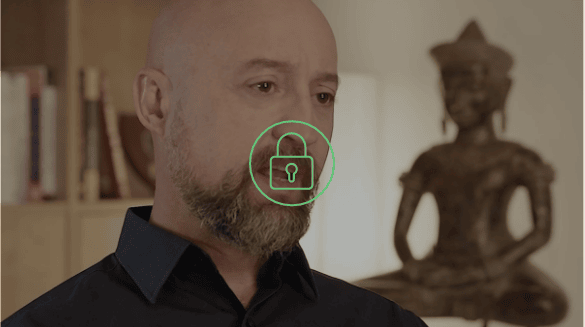
1/ Negotiator profiles
We all have different negotiator profiles and different life experiences. But do you really know what your natural qualities are? Are you assertive? Are you good at repartee? Self-control? These are all qualities that can make the difference in negotiation.
08:38
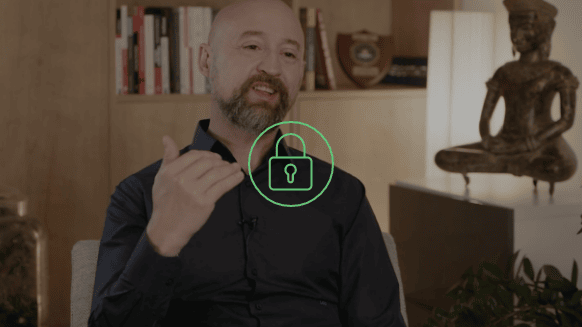
2/ Conducting the first negotiation meeting
The first contact is the most important moment in negotiation, because you’ll never have the chance to make a good impression twice. It must therefore be well prepared, with clear objectives, so that you can then validate your strategy. The aim is not to make an initial proposal too quickly, but to build trust and obtain information.
10:23
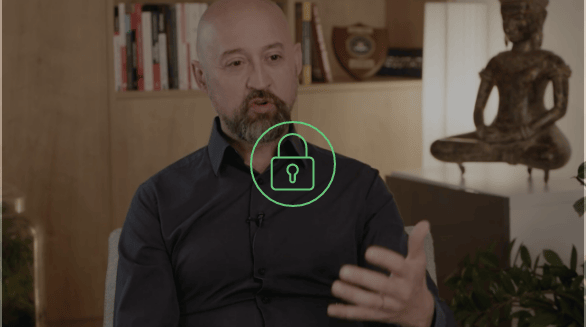
3/ Create a trusting relationship
Building trust is the basis of successful negotiation. An effective relationship is one in which each of the parties involved feels at ease. In this lesson, we’ll look at how to implement cooperation.
09:54
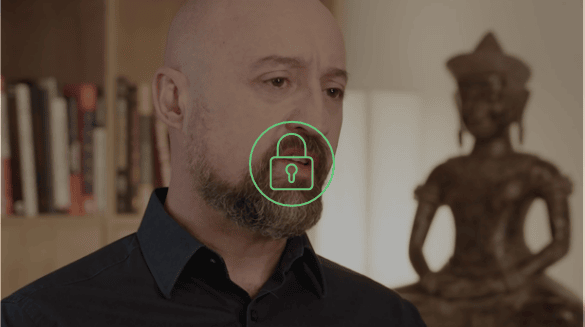
4/ Defeating false positioning
Negotiation always begins with a position. The position is the first offer you make, or that the opposing party makes, which will determine the rest of the negotiation. In 90% of all negotiations, it doesn’t reflect reality, and turns out to be false in order to put you under pressure or test you. So how do you get around it?
10:25
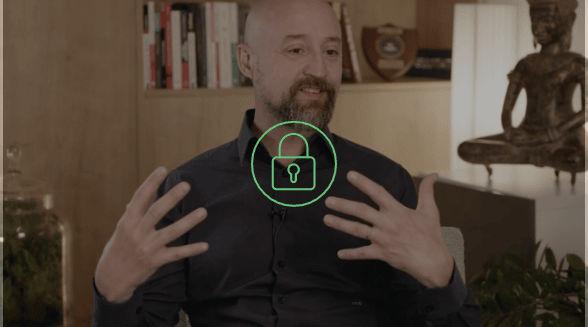
5/ Analysing threat credibility
Threats, like ultimatums, are unethical practices increasingly used in negotiation to put pressure on you. Yet they are often a sign of loss of control. It’s crucial to be able to analyze them to gauge their credibility and respond appropriately.
13:08
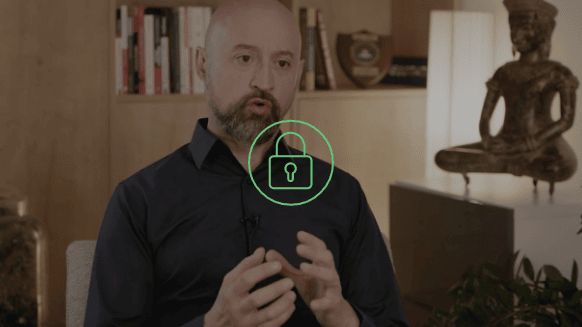
6/ Practicing committed listening
In this lesson, we’ll take a look at how to become an engaged listener, as this requires regular practice. Listening techniques, particularly active listening, are key to showing the other person that you are committed to the negotiation, i.e. available, empathetic and assertive.
07:26
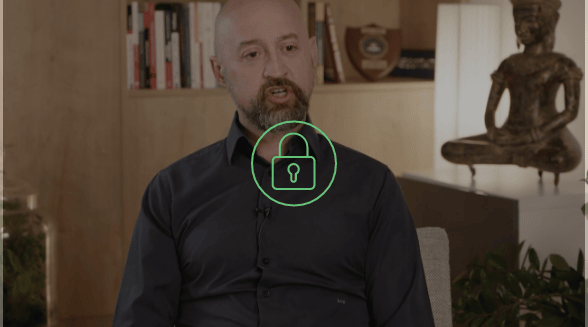
7/ Analysing the opposing party’s communication
In this video, you’ll learn how to analyze the other party’s verbal, non-verbal and paraverbal communication during negotiation. This will enable you to understand the other party and define their emotional state. Are they lying to you? Are they in a hurry to conclude? These are all elements that will guide your strategy.
08:02
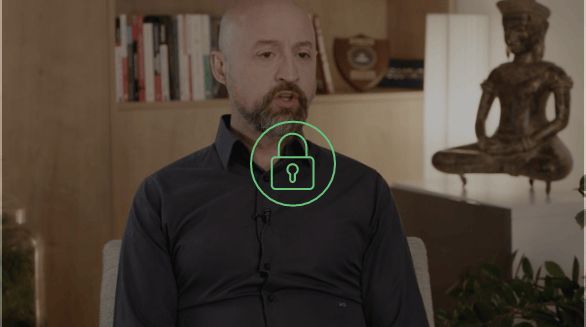
8/ Concessions and compensation
Concessions (I give something) and quid pro quos (I’m asked for something) are the very essence of negotiation. You can’t have one without the other. We’ll be looking at the principle of resistance, as concessions are never made without something in return.
13:05
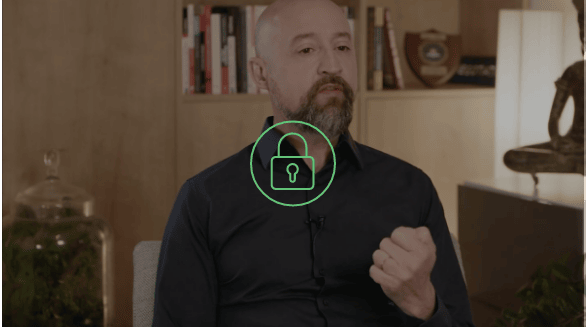
9/ Drawing up a final agreement
The final agreement is the grail of negotiation, because it’s the culmination of everything we’ve done since the beginning. This closing phase is decisive because you can get caught up in the fervor of the exchanges and forget what’s really at stake in the negotiation. We’ll learn how to avoid losing or leaving the mandate to reach a satisfactory final agreement.
12:33
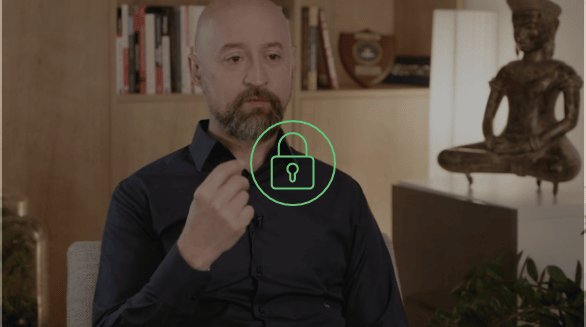
10/ Taking breaks in negotiations
Negotiation is often a long process with phases of varying intensity. You need to be able to take breaks, i.e. suspend sessions. Off-duty negotiation moments also often involve major stakes. We’ll look at positive, defensive and manipulative suspensions.
09:49

11/ Thwarting last-minute manipulations
The worst moment in a negotiation is when you think you’ve won.
However, you need to be vigilant right up to the end, as last-minute swings can occur. It’s vital to systematically refocus on the OCP, the shared common objective.
12:39

12/ Dealing with an opposing party that changes its mind all the time
A change of mind on the part of the opposing party at the end of a negotiation is very irritating. It’s often linked to the fear of losing and forcing you to change your position. So how do you deal with this flip-flop? We’ll show you how to prepare effectively.
09:35
ONE TIME PURCHASE
INCLUDES ALL MASTERCLASSES
INCLUDES ALL MASTERCLASSES
HIGHLIGHTS
12 LESSONS FOR GETTING TO KNOW YOURSELF
- Exclusive, never-before-seen videos on the subjects of trust, negotiation and leadership.
- Exceptional experts, recognized for their skills in the field and their ability to pass on lessons learned from their operational experience.
- Concrete examples and debriefings of real-life cases to support the theoretical input essential for assimilating the concepts covered.
- An exclusive logbook for each Masterclass, containing key definitions, concepts covered and a bibliography dedicated to each theme.
- 12 video lessons per Masterclass, so you can watch and review them whenever and wherever you like, at your own pace.
- Inspiring experts who put themselves within everyone's reach, so that everyone can, at their own pace, become the person, the negotiator, the trusted leader.
- An intimate atmosphere and a sharing of stories and experiences from the field to illustrate the fundamental concepts of trust, negotiation and leadership.
- A notebook of exercises and personal questions to record your own ideas and experiences, so that each Masterclass is your own.
ONE TIME PURCHASE
INCLUDES ALL MASTERCLASSES
INCLUDES ALL MASTERCLASSES
The other masterclasses
BECOME THE PERSON YOU TRUST



